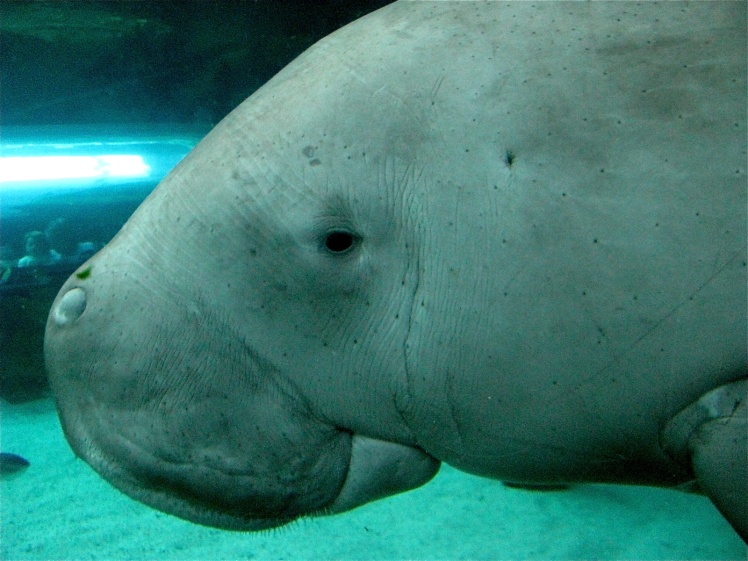Researchers have announced that dugong mammals, which supposedly inspired sailors to tell tales of mermaids, have spawned in China.
This is reported by the BBC.
Scientists from the Zoological Society of London (ZSL) and the Chinese Academy of Sciences studied all the historical data about where dugongs used to be in China. They discovered that scientists had not observed them since 2000. In addition, the researchers turned to citizen science to interview 788 community members living in the designated coastal areas to determine when locals had last seen the mammal. On average, residents reported not seeing a dugong for 23 years. Only three people have seen him in the last five years. This prompted researchers to declare dugongs functionally extinct, meaning "they are no longer viable enough to support themselves."
Dugong is a unique marine character. Weighing almost half a ton, it is the only vegetarian marine mammal. It is outwardly similar to a manatee, but is distinguished by its whale tail and "good-natured disposition." The dugong is known as the gentlest giant in the ocean. Its slow, relaxed demeanor likely made it vulnerable to overfishing and boating accidents. Some researchers believe that he inspired ancient seafarers to tell tales about mermaids.
Dugong still exists in other countries of the world, but faces similar threats of extinction. Its disappearance in China should serve as a warning to other regions where these mammals live, including Australia and East Africa.
Its habitat near the coast in China made it vulnerable to hunters in the 20th century who sought the animal for its skin, bones and meat. After a noticeable population decline, dugongs were classified by the State Council of China as a first-level key national animal in 1988. Researchers believe that the destruction of its environment, including the lack of algae for food, caused the rapid decline in the population. This species is found in 37 other tropical regions of the world, including shallow coastal waters of the Indian and western Pacific Oceans, but is classified as "vulnerable" on the International Union for Conservation of Natureʼs Red List.
The United Nations Environment Program estimates that 7% of seaweed habitats are lost worldwide each year due to industrial and agricultural pollution, coastal development, unregulated fishing and climate change.
